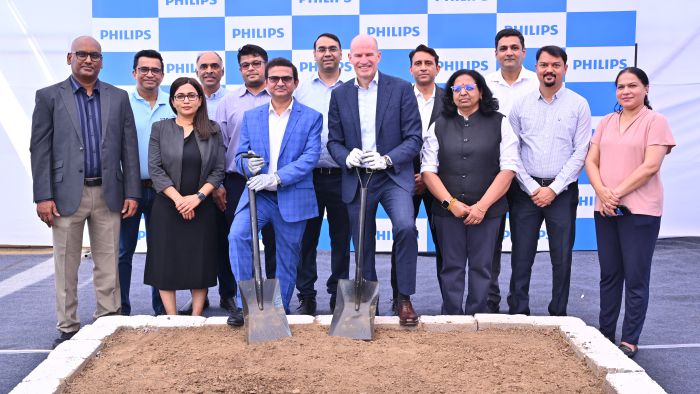Emerging care delivery models: The clinic needs a big dose of technology
Jul 31, 2023 - Reading time 2-4 minutes
The Covid-19 pandemic accelerated the adoption of digital health solutions like telemedicine, data sharing, automation, among others. With healthcare leaders looking at increasing operational efficiencies and developing new care delivery models, it is all the more essential for healthcare professionals to embrace the following four strategic technologies and skills to enhance healthcare:
Interoperable informatics solutions
Big data is the new oil of the century. This calls for the need to find the ‘right’ data, extract, refine, and leverage it well. Health informatics is the combustion engine in this case that helps churn insights out of raw data. As healthcare becomes connected, informatics will help care providers make different systems and devices ‘speak’ to each other to create seamless experiences for patients and themselves. As data flows more freely between systems, care providers would also save time in accessing data that they otherwise would have to spend searching across sites.
Transition to cloud for cutting cost of infrastructure
The role of care providers doesn’t stop at data analysis and application, they have to ensure the data is safely stored in interconnected and integrated IT infrastructure as well, that is — ‘the cloud.’ Such secure infrastructure prepare healthcare providers to adjust to changing demand without worrying about data protection.
For instance, they can aid in the construction of a unified patient perspective in cancer care by combining data from several hospital systems, facilitating both physical and virtual meetings for collaborative decision-making. The unique patient data on cloud can provide recommendations for treatments suited to the specific requirements of patients.
Shifting point of care from hospital to home with AI
Healthcare leaders are viewing ‘extending care delivery beyond the hospital’ as their biggest priority because ‘right care in the right place at the right moment’ is becoming both a necessity and demand. For instance, cloud-based wearable devices, enabled by artificial intelligence (AI), can help patients monitor early detection of heart rhythm irregularities for timely intervention, thus improving patient outcomes
Leveraging tech to address workforce shortage
Care providers undergo burnout sometimes due to lack of access and training to suitable technology, which leads to a high attrition rate. Thus, for example, radiologists can increase productivity by leveraging AI to enable faster scan times with higher resolution in imaging modalities like magnetic resonance (MR). They can scan more patients, get the most accurate diagnosis, and reduce intra-user variability in ultrasound use with automatic measurements keeping them in control of the decision-making.
Automation has the potential to reduce the burden of repetitive administrative tasks. This technology helps in the export of patient data directly into electronic medical records (EMRs) – a potential boost for the staff’s experience and productivity.
Please click on the link to access the article: Express Healthcare








